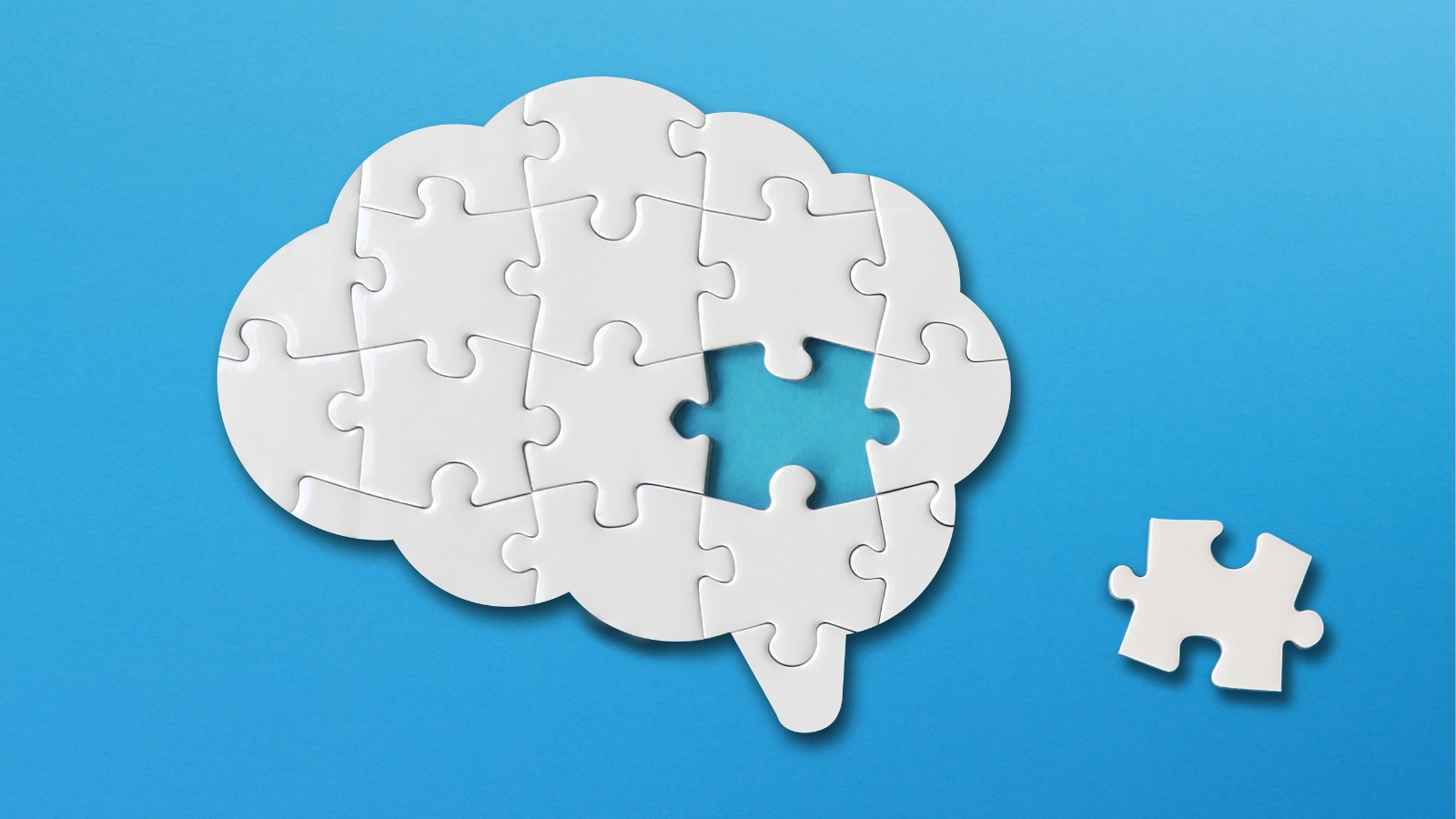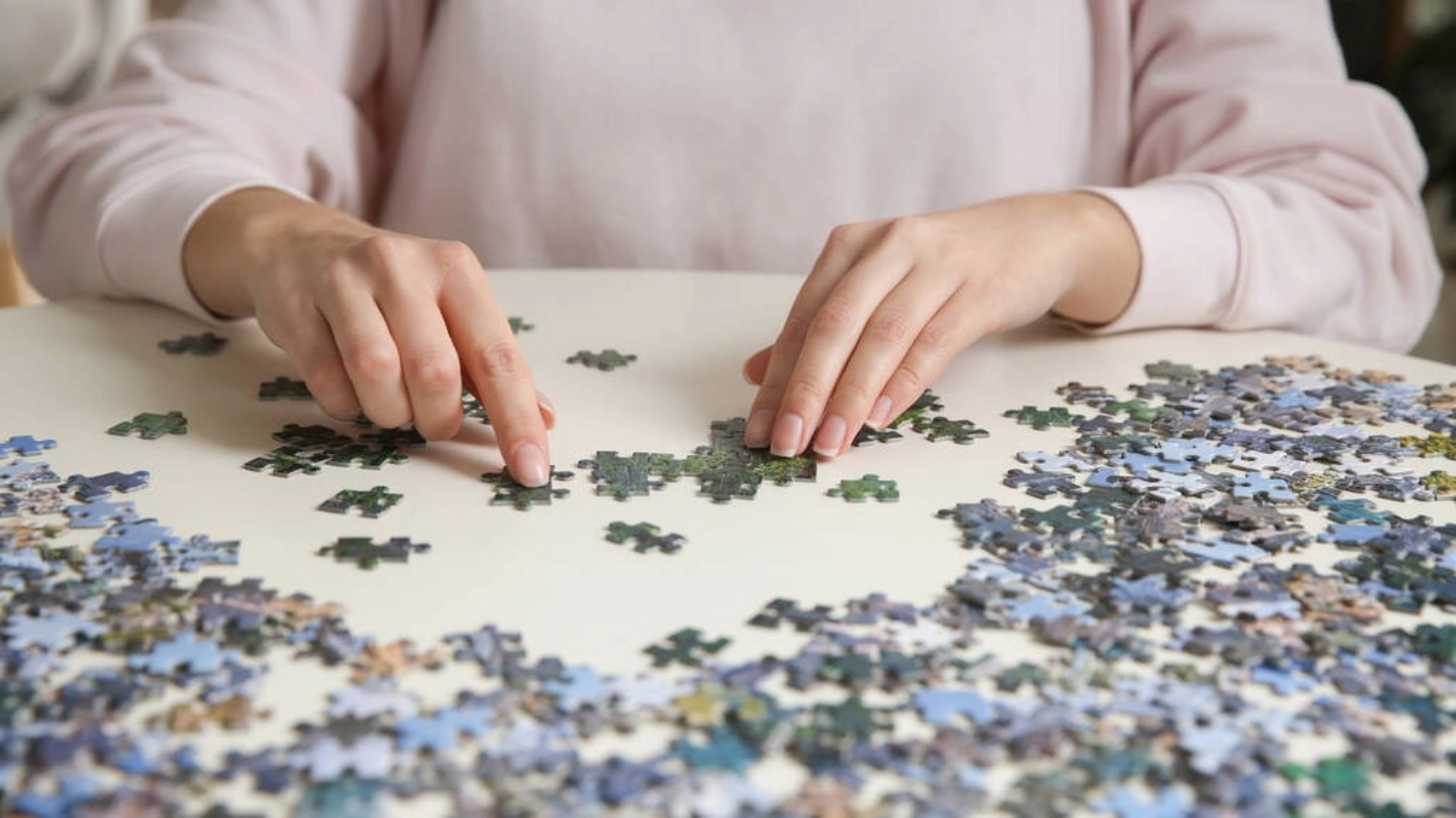
How do puzzles make you smarter? Puzzles are more than just a fun pastime; they play a significant role in boosting brainpower. Engaging with them challenges your cognitive abilities in unique ways. They need you to think critically, enhance memory, and develop problem-solving skills.
Regularly solving puzzles improves your mental agility and keeps your mind sharp. This article explores the various ways puzzles contribute to cognitive development. Let's get started!
Key Takeaways
- Regular puzzle-solving strengthens problem-solving abilities and analytical thinking.
- Puzzles enhance memory formation and retention. They reinforce neural pathways and improve short-term memory capacity.
- Working on puzzles develops attention to detail and pattern recognition. This leads to better decision-making in everyday tasks.
- Spatial puzzles like jigsaws improve visual-spatial reasoning and boost overall measured IQ scores.
- Puzzle-solving increases mental processing speed and teaches valuable skills.
How Do Puzzles Make You Smarter? Cognitive Benefits

Let's explore how puzzles can enhance our intelligence by looking at their cognitive benefits.
Improved Problem-Solving Skills
Solving puzzles regularly helps improve your brain's problem-solving skills. This is a systematic process of analytical thinking and hypothesis testing.
Puzzle-solving skills engage both brain hemispheres to solve problems. So, you'll strengthen your ability to tackle challenges from multiple angles. This trial-and-error process teaches you to adapt to new situations, learn from mistakes, and manage time effectively.
Enhanced Memory and Recall
Regular puzzle-solving activities strengthen neural pathways. They enhance memory formation and recall abilities.
Solving a puzzle reinforces brain cell connections. This will boost your short-term memory and improve memory retention.
Whether completing jigsaw puzzles or crosswords, you're sharpening your focus and accelerate mental processing speed.
Increased Attention to Detail
Through consistent puzzle-solving, your brain develops an enhanced capacity to detect and process minute details that you might usually miss.
You'll train your mind to methodically scan for subtle clues and patterns when you engage with puzzles regularly. This heightened attention to detail extends beyond puzzles. It improves your performance in workplace tasks, decision-making, and everyday problem-solving situations.
Boosted Spatial Reasoning
Solving puzzles improves your brain's ability to process and understand 3D visual information.
Regularly working on puzzles enhances your visual-spatial reasoning by analyzing shapes and patterns.
Elevated IQ Scores
Beyond enhancing spatial reasoning, puzzle-solving directly impacts your measured intelligence levels. Research shows that consistent puzzle engagement can boost your IQ by up to 4 points.
You'll develop stronger critical thinking and memory skills through varied puzzle types. These activities create lasting improvements in measured IQ scores.
How Do Puzzles Make You Smarter? Emotional Benefits
Now, let's explore how puzzles can also enhance our emotional well-being.
Stress Reduction
Puzzles are often celebrated for their cognitive benefits. But their stress-reducing properties make them powerful tools for emotional well-being.
When you engage in puzzle-solving, your brain releases dopamine. It naturally lowers blood pressure and heart rate. This screen-free activity replaces daily stress with tranquility. Thus, you can get improved sleep quality and sustained stress reduction.
Enhanced Mood and Motivation
Doing puzzles triggers the release of dopamine. It's a neurotransmitter crucial for regulating mood and motivation.
When you complete a puzzle, this dopamine boost combines with a strong sense of achievement. This creates a positive feedback loop that enhances your emotional well-being.
How Do Puzzles Make You Smarter? Social Benefits

Next, let's discuss how puzzles not only keep your brain active but also foster social connections.
Improved Teamwork and Collaboration
Group puzzle activities create powerful opportunities for developing collaborative skills. You'll strengthen your teamwork abilities through active listening, compromise, and shared problem-solving.
This collaboration naturally improves interpersonal communication. Meanwhile, it teaches you to value different perspectives. These skills translate directly to real-world scenarios and professional environments.
Strengthened Relationships
Puzzles also serve as powerful catalysts for building and maintaining meaningful relationships. When playing puzzle with others, you create shared experiences that strengthen social bonds through teamwork.
This activity promotes genuine interaction, fostering deeper connections as you work together toward common goals. It's an effective tool for relationship-building across generations.
Types of Puzzles and Their Specific Benefits
Each distinct kind of puzzle targets specific cognitive domains. This makes it essential to choose puzzles that align with your learning goals.
Your brain benefits uniquely from different puzzle varieties:
- Crosswords boost vocabulary;
- Jigsaws enhance spatial reasoning;
- Logic puzzles sharpen analytical thinking;
- Word searches improve pattern recognition;
- Sudoku develops mathematical capabilities.
Choose strategically to maximize your cognitive growth.
Conclusion
Doing puzzles often like crosswords or jigsaw puzzles can boost your brainpower. Studies show that puzzles improve problem-solving skills by 27% and memory by 33%.
They also strengthen brain connections, increase IQ, and enhance spatial reasoning. This helps you perform better in real life.
FAQs
Can Puzzles Make You Smarter?
Yes, puzzles can enhance critical thinking, memory, and problem-solving skills. You'll strengthen neural connections and improve cognitive function through regular puzzle engagement. This will lead to measurable increases in mental performance.
Do Puzzle Games Increase IQ?
Yes, puzzle games can increase your IQ. Research shows they'll boost your spatial reasoning, processing speed, and problem-solving abilities. Regular puzzle-solving creates new neural connections. It improves cognitive performance on standardized intelligence tests.
Are Puzzle Games Good for the Brain?
Yes, puzzle games are excellent for your brain. They'll enhance cognitive abilities, boost problem-solving skills, and improve memory. Research shows they can even delay dementia and Alzheimer’s disease.